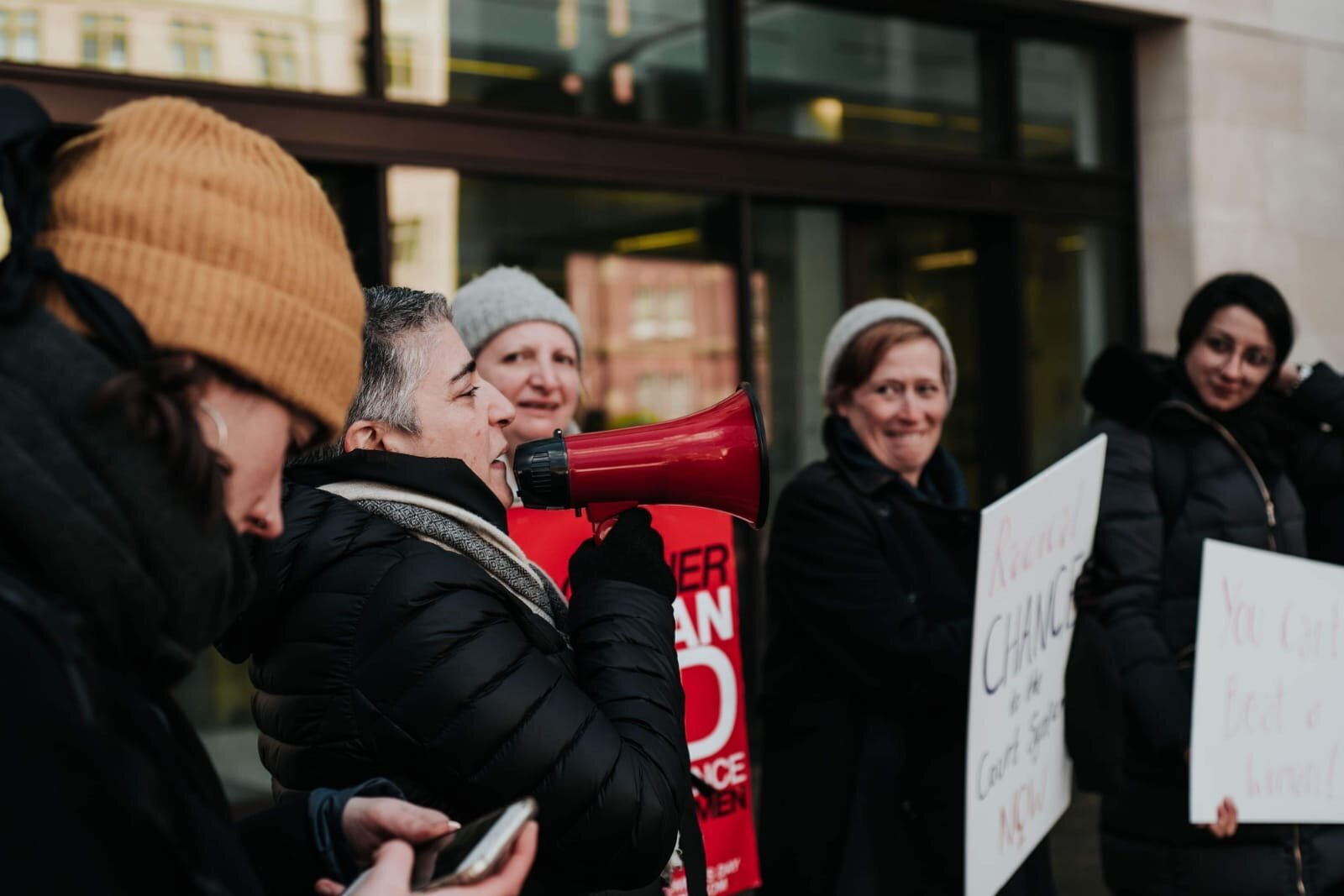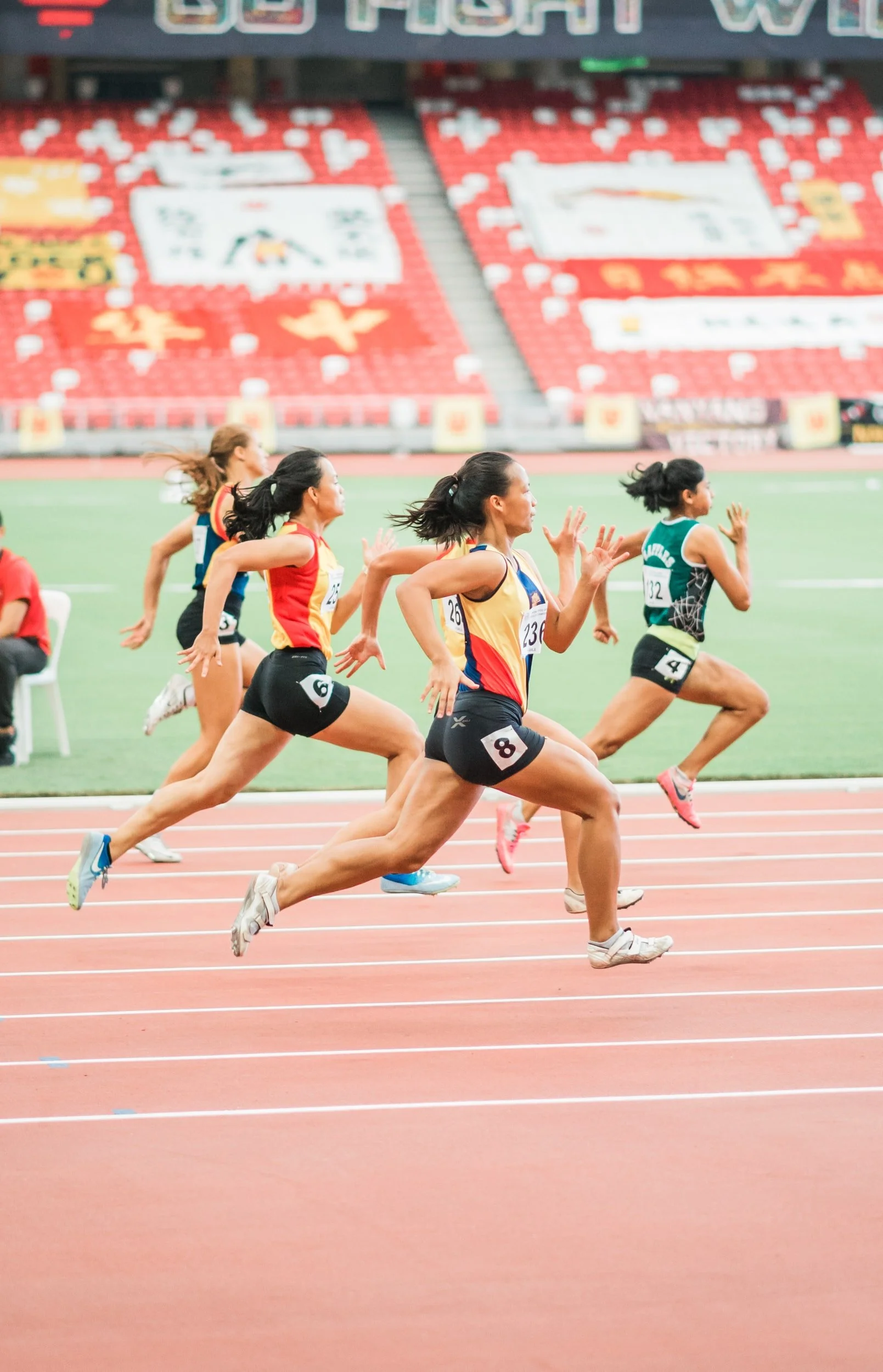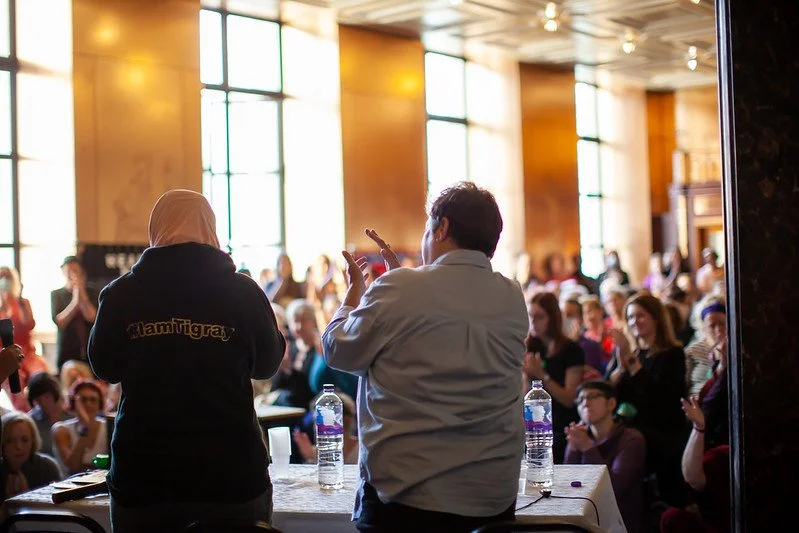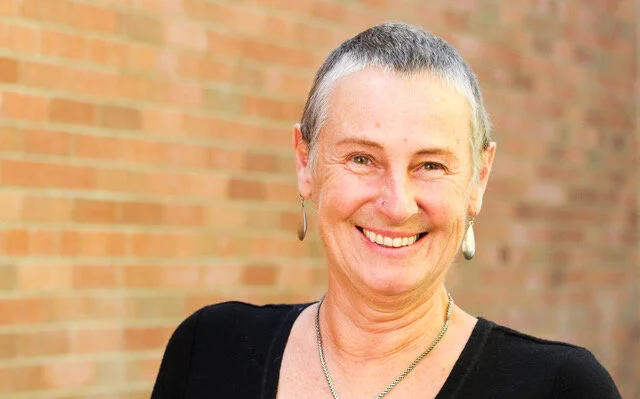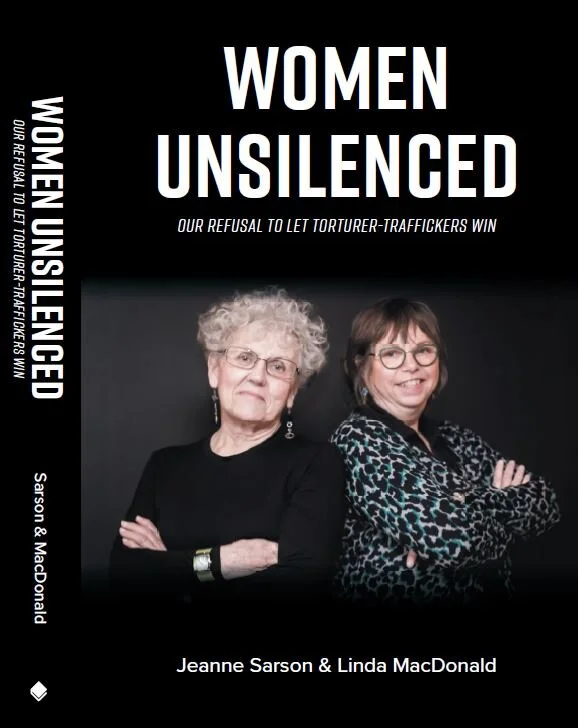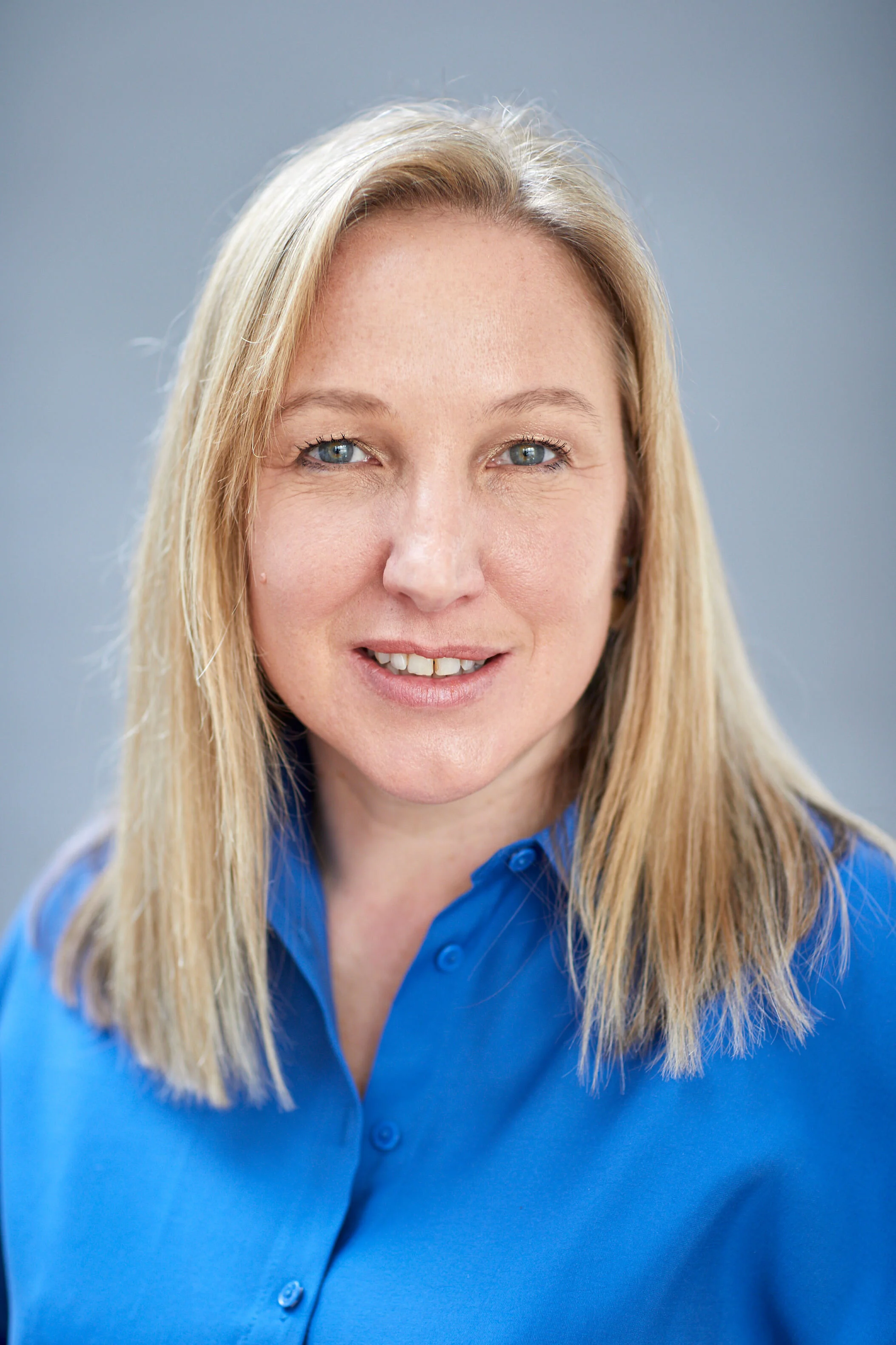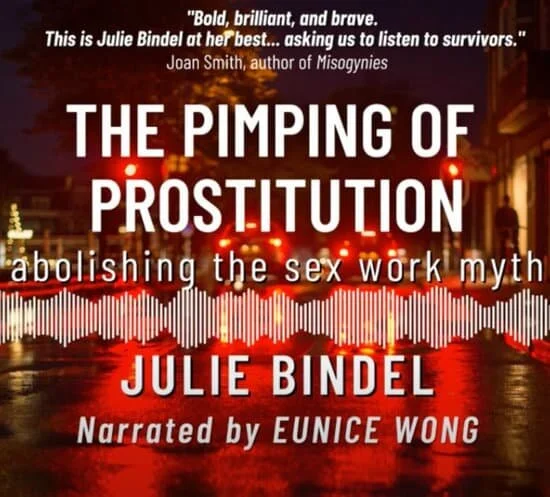Lawyer and academic Gina Masterton became an activist when her sister had a Hague case brought against her. That story has a (rare) happy ending but Gina continues to campaign to get the Convention amended. In this episode, she talks about the harshness of the Australian courts and the extent to which the convention is failing both mothers and their children.
Learn about the causes we are fighting for and how you can get involved.
Narrow your search or read everything.
In this episode of the FiLiA podcast, lawyer and activist Sudha Shetty talks to us about the often desperate consequences of The Hague Convention for mothers and their children who are fleeing domestic violence. Her response to this injustice has been inspirational: the Hague Domestic Violence Project which she founded is a beacon of hope which we hope to build on through our international Hague Mothers’ project.
In this episode, Raquel Rosario Sánchez talks to Dr Alyson McGregor, a women’s health pioneer and author who has brought the concept of sex differences in the delivery of acute medical care to the national and international stage. Dr McGregor’s book, Sex Matters represents a landmark moment in acknowledging the importance of understanding female bodies in all aspects of health research, treatment, and medicine development.
Documentary producer Alison Wilson joins FiLiA Volunteer Luba Fein to discuss her latest project ‘Exit’, a film about women who have been trafficked for sexual exploitation in Spain. Alison discusses the recruitment process, how any woman can fall victim to the sex traffickers, how hard the recovery is for survivors of human trafficking, and the devastating reality that many don’t make it to the end.
Cathy Devine, a researcher in the field of sports policy and equality, talks to FiLiA about how policies enabling male competitors to enter women's categories negatively impact female athletes and are detrimental to women's rights to fairness and inclusion in sport. She argues that "the human rights of females in sport depend on fair eligibility criteria which acknowledge human sexual dimorphism."
In this pilot episode of FiLiA’s new women’s history podcast series, we bring together four feminists from around the world to have an international and intergenerational conversation about the importance of women’s archives. We speak to American historian Max Dashu, Indian artist and activist Aqui Thami, and Algerian archivists Lydia Saïdi and Awel Haouati. Facilitated by Bec Wonders and translated by Natalya Vince.
This is a recording of the #FiLiA2021 panel discussion led by Julie Bindel. She discusses her book Feminism for Women, invites women from the audience to join the conversation about feminist issues across generational divides, and Zemzem Mohamed speaks about the unfolding crisis in Tigray.
FiLiA talks to Margaret Owen, 89, who began a hunger strike on November 16, 2021, to raise awareness of the imprisonment in Iran of Iranian-British charity worker Nazanin Zaghari-Radcliffe.
We are honoured to speak with the campaigner Zemzem Mohamed who is working to support women and children affected by the hidden humanitarian crisis unfolding in the Tigray region. This crisis is considered by many to be a genocide, in which Ethiopian authorities are accused of carrying out ethnic cleansing against minorities. Speaking to FiLiA Spokeswoman Raquel Rosario Sánchez, the discussion covers the rights of women and children in Tigray, the political background to the war currently unfolding, the role of the international community and what justice may look like from a feminist perspective.
Professor Jo Phoenix, Chair in Criminology at The Open University, a Trustee of the Centre for Crime and Justice Studies and the Co-Convenor of the Gender Critical Research Network at the Open University, joins Raquel Rosario Sanchez to discuss the rights of women in prison, her decades-long work in Criminology and her personal experience being in the centre of the fight to uphold academic freedom.
Three women from three different Abrahamic religions talk with host Gita Sahgal about their experiences growing up in and leaving fundamentalist expressions of faith. Yasmine Mohammed, an ex-Muslim; Frimet Goldberger, formerly an ultra-Orthodox Jew; and Alice Greczyn, an ex-evangelical Christian, share how their different stories overlap with common bonds. Unpacking how religion perpetuates patriarchy offers listeners firsthand accounts of why so many girls and women are leaving toxic faith behind.
We are delighted to speak with a remarkable force of nature called Julie Macfarlane. A fierce advocate for survivors of sexual violence as well as survivors of institutional abuse, Dr Julie Macfarlane has spent her adult life teaching in law schools in four continents, researching and working on progressive causes that she feels passionately about.
Ann Henderson was the second female Rector at the University of Edinburgh. During her three-year tenure, she experienced sustained targeting by trans activist students and staff member, while receiving minimal institutional support. In this podcast, she speaks about her background as a campaigner in the labour movement, her work in the railway industry and her experiences leaving her mark in academia.
We speak to Gemma Aitchison from Yes Matters about the Yes Matters Commitment, an initiative to tackle rape culture in schools. Helping schools to show pupils and parents alike that they are taking rape culture seriously and that they are taking the well being, safety and social development of their child seriously, the project teaches educators about consent, respect, good mental health and emotional regulation skills.
We talk to Halaleh Taheri, Founder & Executive Director of MEWSo, who is campaigning to ban Virginity testing and Hymenoplasty (hymen repair) and to expose it as the misogynistic practice that it is, which has no place in society today.
In this episode, Halaleh talks about her life as an activist, the brilliant work of MEWSo and explains more about the campaign and how you can help to end this abuse of young women and girls.
Jeanne Sarson and Linda MacDonald, the founders of Persons Against Non-State Torture, have compiled decades of activism against torture and testimonies of survivors in their forthcoming book Women Unsilenced: Our Refusal To Let Torturers-Traffickers Win. In this episode of the FiLiA podcast, Yagmur Uygarkizi from Radical Girlsss speaks to Jeanne and Linda about feminist healing, 'the right to anger' and the power of laughter, and about their indefectible hope for change.
In this episode of the FiLiA podcast, we speak to poet Sharena Lee Satti about her work and inspiration. Her poems are real, raw and honest, addressing issues such as survival, cultural-identity, life’s battles, self-love, body dysmorphia and many other subjects that people struggle to speak out about.
Helen Joyce, author, journalist and editor at The Economist, joins the FiLiA podcast to discuss her newly-released book Trans. An in-depth exploration of the phenomenon of gender identity theory, Helen writes about how these ideas impact our ability to speak about biological sex and what these developments mean for society.
We speak to Houzan Mahmoud, a Kurdish feminist, writer and anti-war activist from South Kurdistan. Houzan’s book Kurdish Women’s Lives, conceived as part of Culture Project's self-writing program, is essential reading for anyone who wants to better understand the struggle of Kurdish women through their own words.
This May, feminists around the world greeted the news that efforts to uphold women’s sex-based rights were being upheld both in the Spanish and German national Congress. In this podcast, FiLiA Spokeswoman Raquel Rosario Sanchez speaks with Tasia Aránguez Sánchez from Spain and Victoria Feuerstein from Germany about these recent developments.
Discover the real, often hidden story of the legalised German sex trade. Manuela Schon and Elly Arrow are two abolitionists from Germany, a country famous for its vast legal sex industry. Many people believe that the German model proves the success of legalisation, arguing that the sex trade is safer when legalised. However, feminist researchers and activists from Germany have been telling a completely different story for years. It is a shocking story about violence, suffering, rape, cruelty and even murder under the auspices of legal prostitution.

